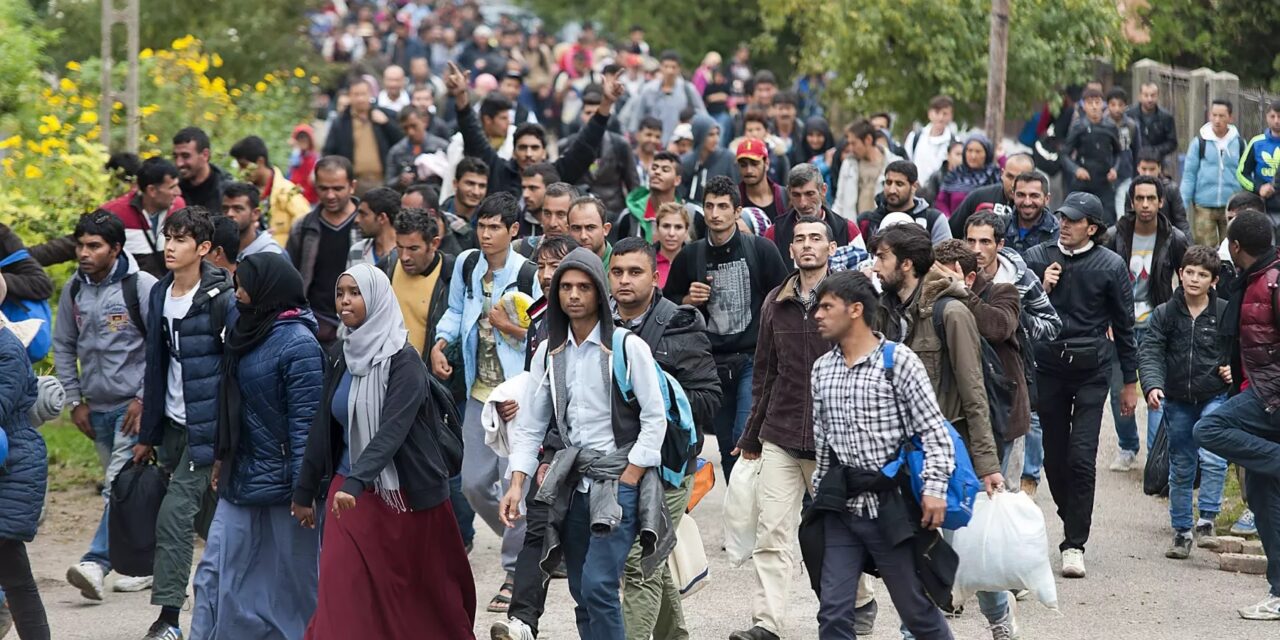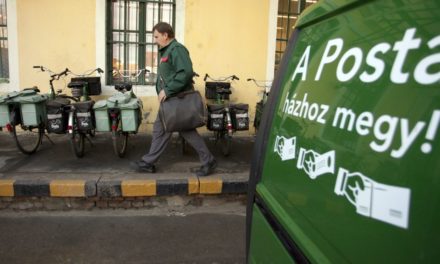According to some calculations, the mistakes of the federal government's migration policy leave a hole in the German economy worth thousands of billions of euros.
Thousands of illegal migrants arrive in Germany every week, whom the Social Democrat-Green-Liberal government is trying to arrest. Chancellor Olaf Scholz and his rainbow government hope that the migrants will later start working and add to the economy. Currently, however, the experience is that social care is so good that hundreds of thousands do not even have to work. This is how it can happen, for example, that young African and Middle Eastern immigrants have more time to care for the elderly and women instead of completing trainings and working - writes v4na.com in its article .
Those who work today do not work for themselves, but for others. More than sixty percent of families receiving aid in Germany are non-German. The same is happening in many European countries. We work to support illegal immigrants. This is the madness that needs to be stopped now
Alice Weidel, the co-chair of the Alternative for Germany (AfD) recently stated in the federal parliament.
How much do migrants cost taxpayers?
Economist Bernd Raffelhüschen calculated how much immigration will cost the German population in the long run. According to this calculation, mass migration will at one point make a hole of 5.8 thousand billion euros in the economy. The Freiburg professor dispelled the myth that immigration saves pension and social security funds.
According to Raffelhüschen, in the aging German society there is already a large gap between what employers and employees pay in taxes, nursing, pension and health insurance contributions, and what they will receive in the future.
According to the expert, this sustainability gap will increase to 19.2 thousand billion euros if Germany continues to accept three hundred thousand immigrants every year. If, on the other hand, the lenient migration policy were to be ended now, the gap would still be 13.4 thousand billion euros. This is how it happens that if the German government continues to let migrants into the country en masse, it will damage the taxpayers by 5.8 thousand billion euros in the long term.
"This is the price of immigration in our current system"
said the economics professor.
Migrants do not add enough to the economy later either
According to current experience, migrants need an average of six years to integrate into the German labor market. During this time, they barely pay into the social security system. However, according to a study prepared for the Stiftung Marktwirtschaft, i.e. the Market Economy Foundation, things hardly improve after that.
The reason for this is that, due to their lack of education, they earn significantly less than their German colleagues. As a result, they pay less taxes and contributions. However, they receive the same sickness, nursing and pension benefits.
Raffelhüschen also illustrated the problem with an example, which the social democratic-green-liberal federal government does not want to notice.
An asylum seeker arrives in Germany at the age of 26, is rejected after two or three years, but can remain in the country with "tolerated" status. After that, ideally, you will gradually start your first job, get a qualification, and at the age of 35 you can already work as a tax and contribution payer - if you want. He will receive benefits as a pensioner, even though he only paid a fraction of it during his career. The difference must thus be taken from other taxpayers.
If we continue like this, we will be as stupid as a haystack, declared the professor.
A lot of money was allocated for migrants this year as well
As is known, the German government allocated almost fifty billion euros for migration in its budget, and this does not include the additional costs of the social security system. According to current calculations, Germany would be unprofitable in the coming years, even with the further immigration of 100,000 skilled workers per year. This includes the costs of receiving, housing and registering migrants, as well as the costs of in-school and out-of-school care for children and young people entering the country, as well as other social expenditure. The government, on the other hand, earmarked only ten billion euros for curbing illegal migration. In total, the migration item together is roughly the size of the entire defense budget.
Photo: MTVA












